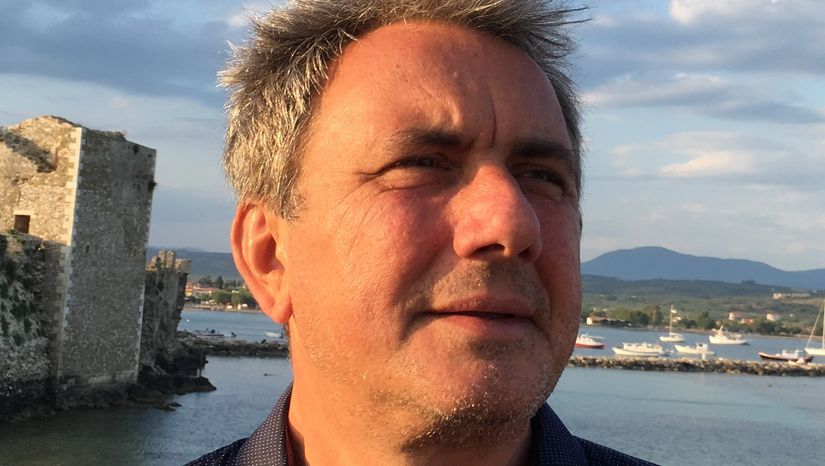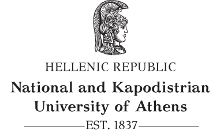EVENTS
GUEST LECTURE: EXTERNAL ACTORS IN THE WESTERN BALKANS: THE ROLE OF RUSSIA, CHINA AND TURKEY

On Tuesday 20 December 2022 Prof. Jovan Teokarevic gave a guest lecture with the title: "External Actors in the Western Balkans: The role of Russia, China and Turkey".
Dr. Jovan Teokarevic is professor of Comparative Politics at the Faculty of Political Sciences, University of Belgrade, Serbia (since 2002), and visiting professor of European Studies at the College of Europe, Natolin Campus, Warsaw (since 2016). He also used to teach previously for many years about the Balkans at the NATO Defense College in Rome and at the Master Program of the University of Vienna. His research, published in 7 authored and 12 edited books, has focused on: post-communist transition, politics in the Balkans, EU and NATO enlargement and EU-Western Balkans relations. Before joining the University of Belgrade, he had worked for 20 years as research fellow of the Belgrade-based Institute for European Studies. He was also founder and Director of the Belgrade Centre for European Integration, Serbia’s academic coordinator of the international Master Program in Southeast European Studies (done with the University of Graz), and Chairman of the Governing Board of the Open Society Foundation Serbia.
Abstract
The rising influence of Russia, China and Turkey in the Western Balkans has mostly to do with the declining influence of the European Union in this region during the last decade. The EU’s “transformative power” has diminished due to its many internal crises and the marginalization of its flagship policy of enlargement in the region. Enlargement fatigue within the Union coupled with the reform fatigue in the Western Balkan countries resulted in a dangerous stalemate of the accession process. Governments and citizens of the region have thus turned to EU competitors, i.e. non-Western external actors ready to offer important things that the EU has not been able or willing to provide: energy, infrastructure investments and an imagined sense of identity.
